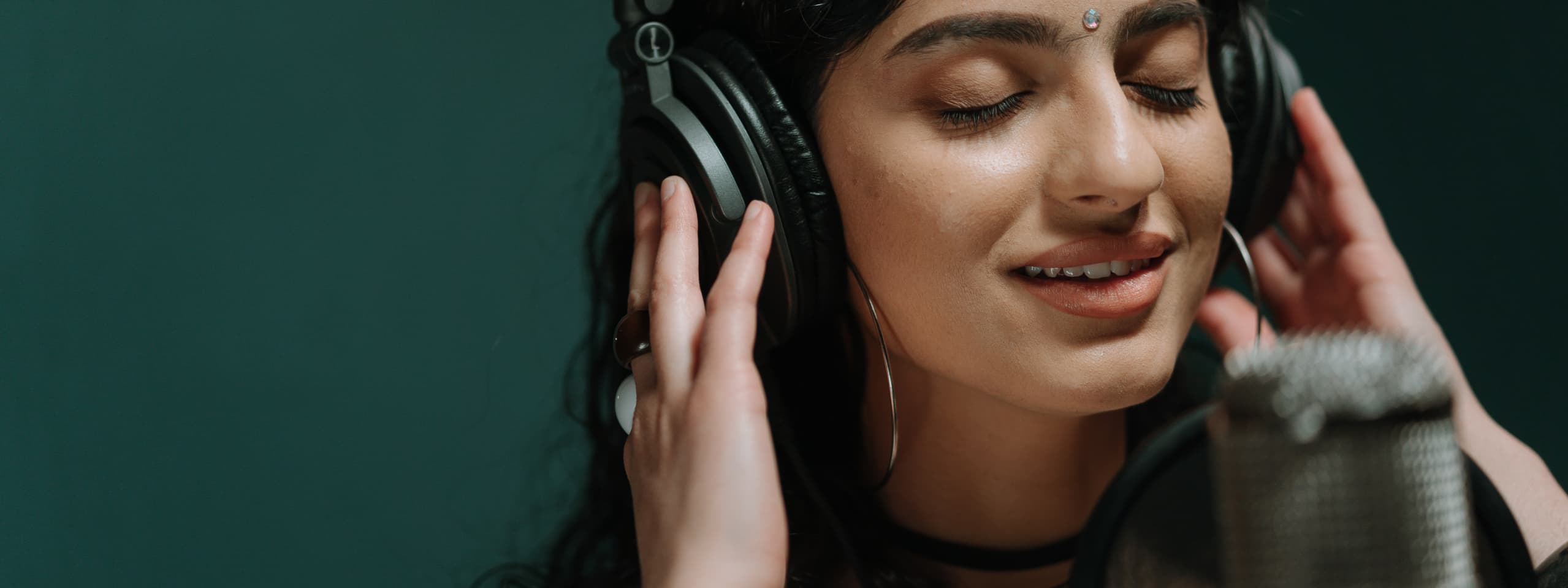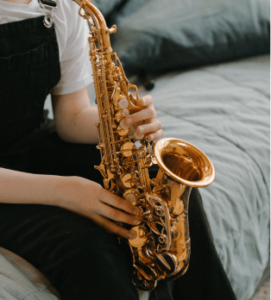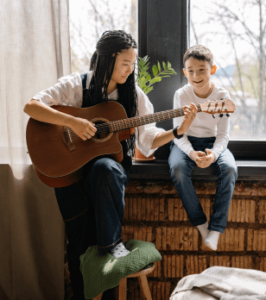What to Know Before Your First Music Lesson
GET STARTED
Music lessons entail much more than merely playing musical notes and scales. As with anything else, the more a person prepares and practices, the better they’ll get over time. When preparing for music lessons for the first time, there are some steps that students can take to ensure their lesson goes smoothly. Getting off to a great start can make it even easier to improve moving forward.
Here we’ll review some of the ways you can get the most from your first music lesson.
Get an Instrument
The very first step to take may seem the simplest: Get an instrument to practice at home. While your school may have instruments that you can use during your lessons, only practicing during your lessons will lead to limited improvement. If you would rather not purchase an instrument, you may benefit from an instrument rental program if offered.

In some cases, students may already have an instrument that they can use. If you currently have your own instrument, make sure it’s in good condition. If it isn’t, take some time to repair and maintain it, which can eliminate the need to buy a new instrument while making sure your existing one is in great shape.
Depending on the class, you may also require certain accessories to supplement your instrument. For instance, you may need reeds for clarinet lessons or resin in preparation for violin lessons.
Research Your Instrument
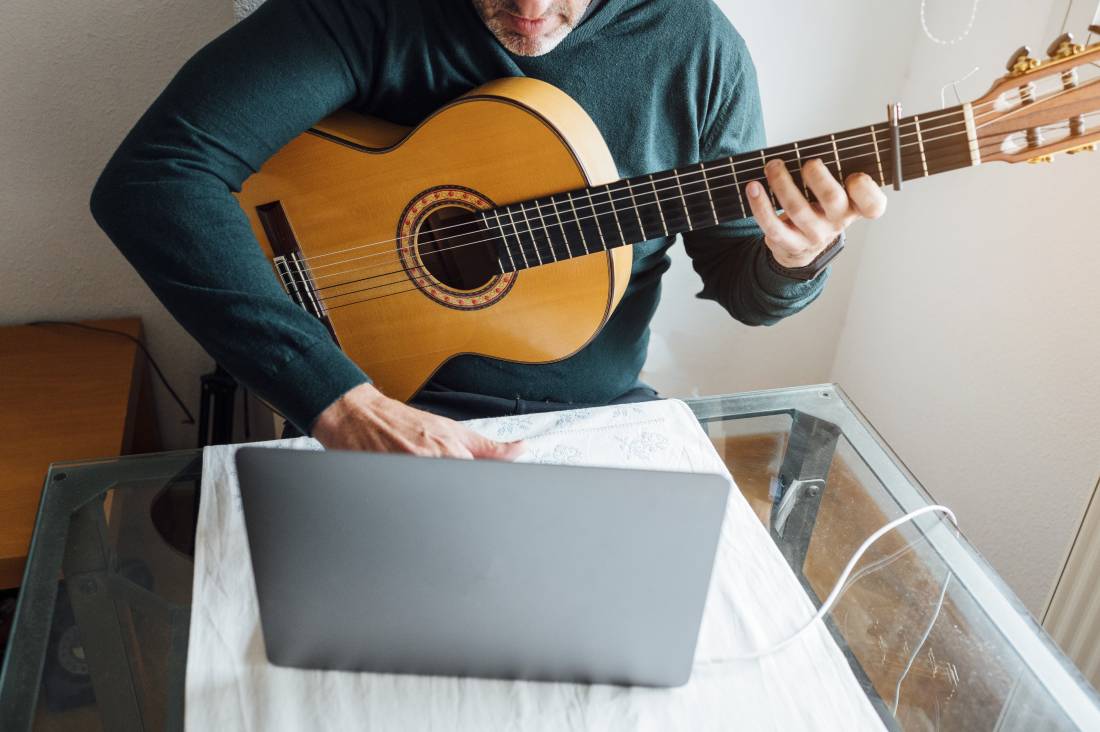
While you may learn your instrument as you progress through your lessons, you also don’t want to spend the first lesson simply reviewing tuning or proper cleaning methods. Instead, conduct some research about your instrument online, which can help you focus on playing instead of the little details in between.
Ask Your Teacher
Before you begin your first lesson, don’t hesitate to call the school to find out if there is anything the teacher needs you to bring or anything else you may need to know. They may make suggestions that are valuable in helping prepare for your very first lesson, whether it’s a specific accessory they’ve found to be helpful.
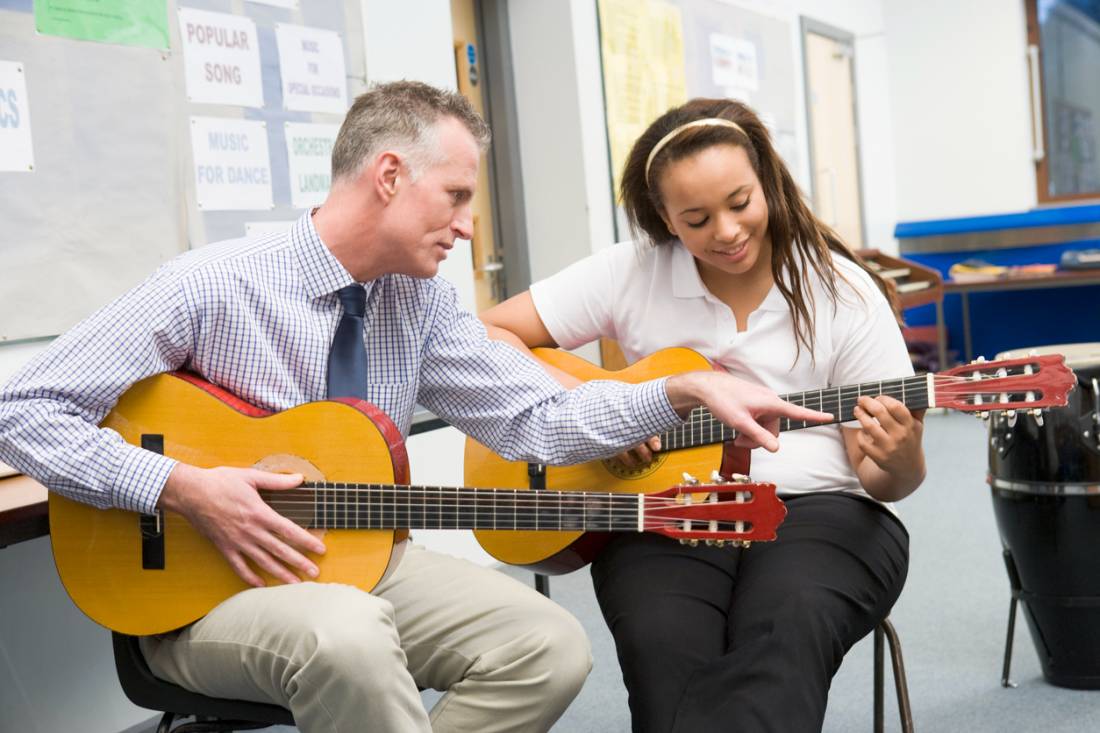
You can also ask what kinds of books you’ll need for your class based on what the instructor teaches.
To make sure you get all the suggestions and information you need, be sure to create a list of questions to ask. Think about what kinds of things you may need or considerations that are worth bringing up to your teacher. A good teacher will be able to provide helpful answers to most of the questions on your mind.
Make Sure There’s Ample Room in Your Schedule

Keep in mind that it takes time to become a musician, so you need to ensure you have plenty of time to dedicate not only to lessons but also practice. Develop a lesson schedule that works best for you, giving you time to improve your musical skills without impeding on the rest of your daily life. Figure out when your lessons will be and decide on specific blocks of time each day or week to spend practicing at home. Creating a good schedule for yourself will prevent things from becoming overwhelming while keeping your playing consistent. As a result, you’ll be able to gradually master your instrument over time without compromising other areas of your life. If anything, music lessons and practice will be a healthy addition.
Set Up a Designated Practice Area
At home, you should designate a specific area for practicing your instrument. Try to pick a space that’s free of distractions and offers plenty of room. At the same time, make sure it won’t completely isolate the musician, as music should feel like it’s a part of everyday life as opposed to something separate from it. The space should also be pleasant and in a spot where the musician will feel consistently comfortable playing. This could include an area in a living room, a finished basement, or a home office space dedicated to practice.
Create a List of Specific Goals
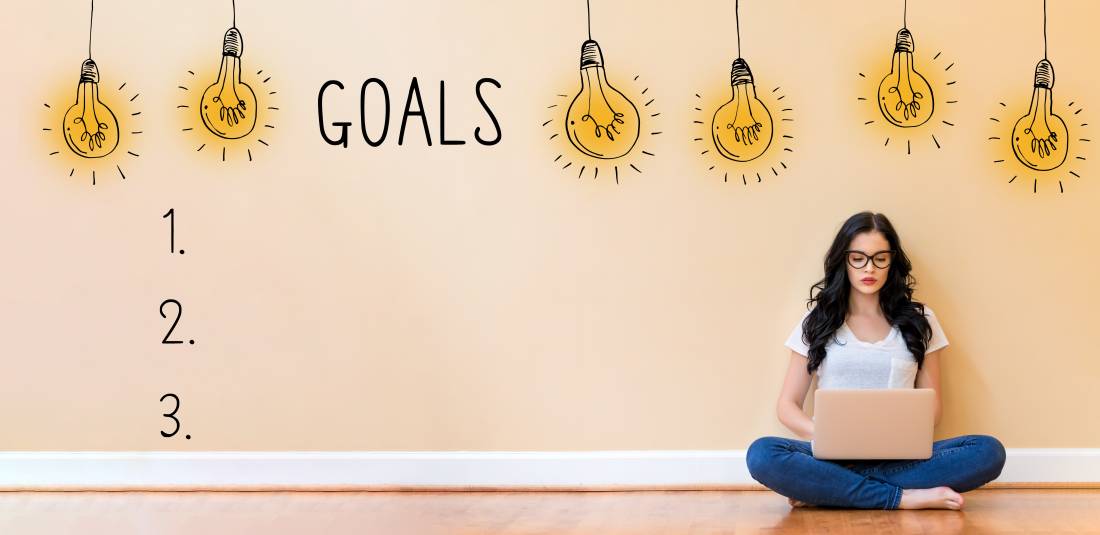
When going into music lessons, it pays to make a list of goals for yourself when it comes to what you want to achieve as a musician. Are there any specific musical genres or styles you want to learn and play? What do you want to get out of your lessons in the long term? Setting clear and specific musical goals can help motivate you to return to your lessons long after that first one. As the lessons progress, you can set new goals or make adjustments to existing ones based on what you’ve learned or already accomplished.
Hold Your Expectations
Nobody is perfect the first time they play an instrument of any kind, which is the way it is with any type of activity. Don’t go into your first lesson expecting to play like a professional the very first time. Even if you have a natural talent, it takes time to hone that talent and get into the habit of playing, which will lead to improvement with each lesson and practice session. Remember, this is only the beginning, and you have a long way to go before you play the way you’ve always wanted.

Go easy on yourself even if you’re initially dissatisfied with your playing, and have fun playing. You should enjoy the experience of playing your favorite instrument, and you’ll derive even more enjoyment as you continue to see improvement. Eventually, you’ll be able to look back on that first lesson and appreciate how far you’ve come.
Take Your First Lesson with Grace Music School
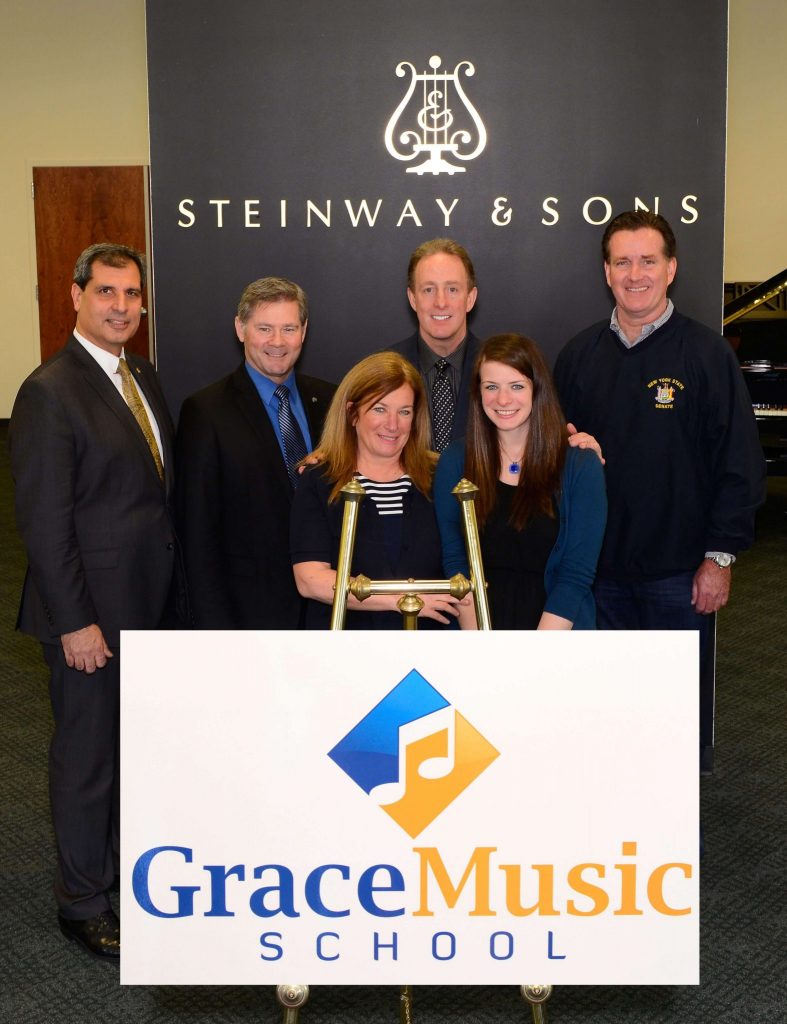
At Grace Music School, we bring together a community of teachers who are both experienced and dedicated to providing lessons that are nurturing and personalized. If you or your child would like to start studying music, or if you’re a musician with experience who wants to continually improve your musical skills, we can provide you with the ideal setting to bring out the best of our students’ musical ability. To begin taking lessons with us, call our Fort Salonga location at 631-239-6169 or reach us in Melville via 631-470-9705. You can also contact us online to get started on your next lesson.
